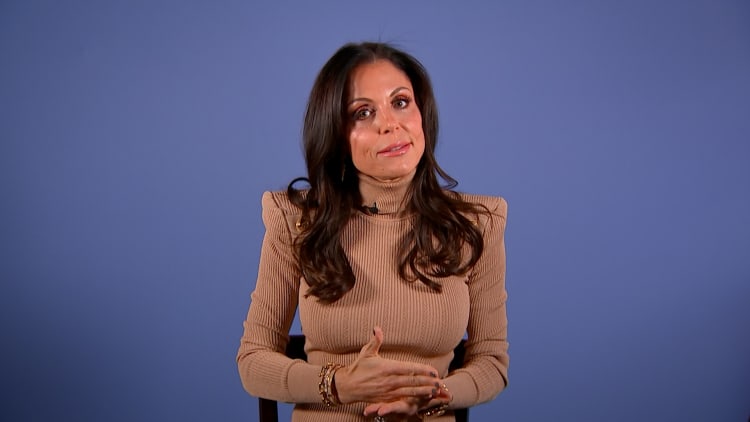Practicing self-care in your everyday life doesn't have to be tedious, or even expensive. In many cases, it can actually be free, or pretty close to it.
To build more time into your day for self-care, you "should focus on moving from the negative self-talk hamster wheel that we've got going on in our minds most of the time, to a more sensory experience," says Christine Karper, program chair for the Clinical Mental Health Counseling program at the University of Phoenix.
"This is a part of what's called mindfulness."
Karper recommends practicing mindfulness by simply tapping into your five senses before emptying your pockets. Here are some ways you can do just that.
10 acts of self-care that cost little to no money
- Light a candle that has a scent that you love
- Burn scented oils in a diffuser
- Warm up a dampened washcloth with a tea bag inside and place it around your hands, to mimic the Oshibori towel experience
- Rub a smooth stone or rose petals to appreciate their texture
- Listen to calming music
- Sit outside and look at the clouds or listen to birdsong
- Slowly eat your meals to savor the taste
- Make a gratitude visit: write about someone who has positively impacted your life and visit or call them to read it to them
- Recall a favorite memory and think about what you felt, saw, smelled and enjoyed during the moment
- Look at old photos that bring you back to good times
'It can be a two-minute vacation'
Not managing stress can lead to long-term negative outcomes, including diabetes and hypertension, says Karper.
But, consistent self-care can produce healing hormones like serotonin, and shift our minds from triggering stress responses to defaulting to a relaxation state, she adds.
And the length of your self-care activity isn't more important than doing the action itself, Karper notes. "It doesn't have to take long," she says.
"It can be a two-minute vacation, two or three times throughout the day. [That] is enough to have a statistically significant impact on your overall well being."
Sign up now: Get smarter about your money and career with our weekly newsletter
Don't miss:



